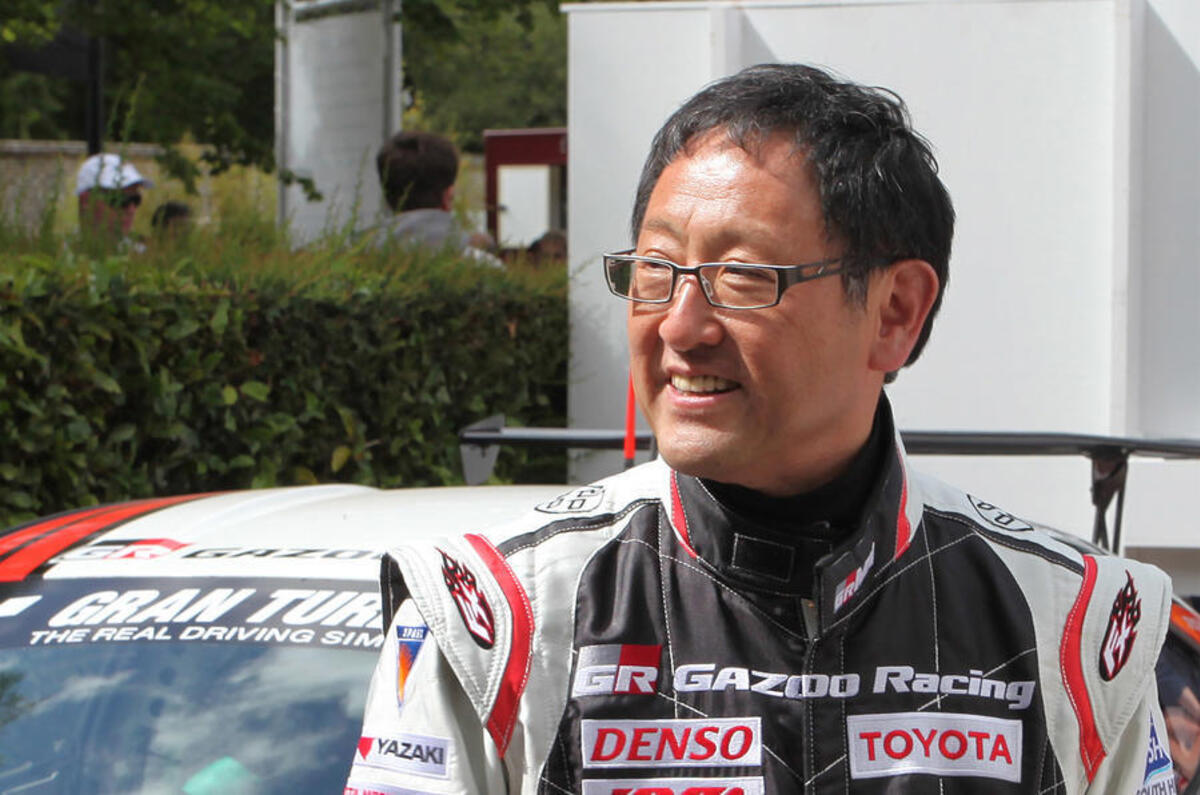Joe Biden’s decision not to stand for re-election in the US begs the question: is there a right time for a leader, whether in politics or business, to retire?
In Biden’s case, few would disagree with his call to hand over to a younger candidate given the frailties he revealed in his TV debate with Donald Trump.




Add your comment